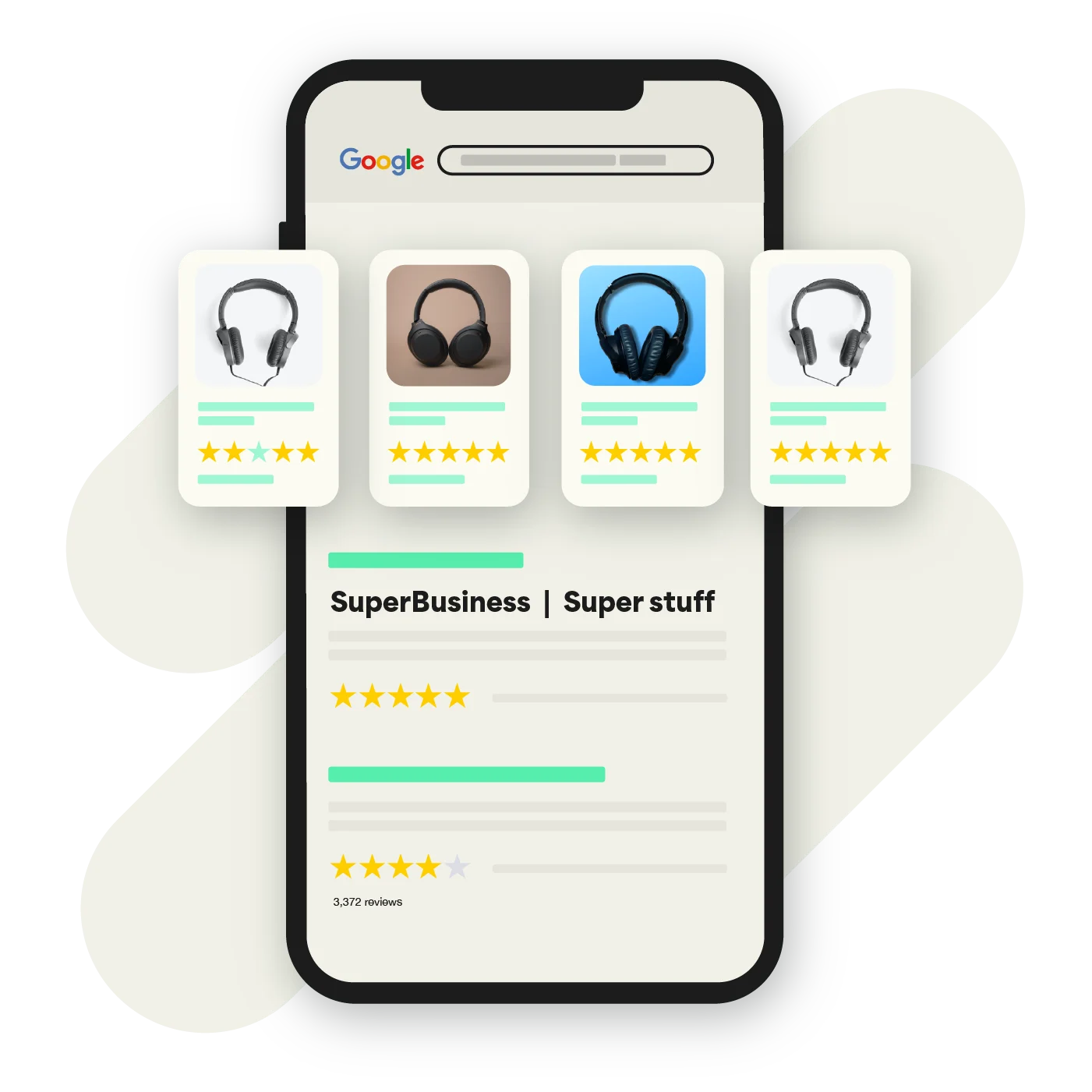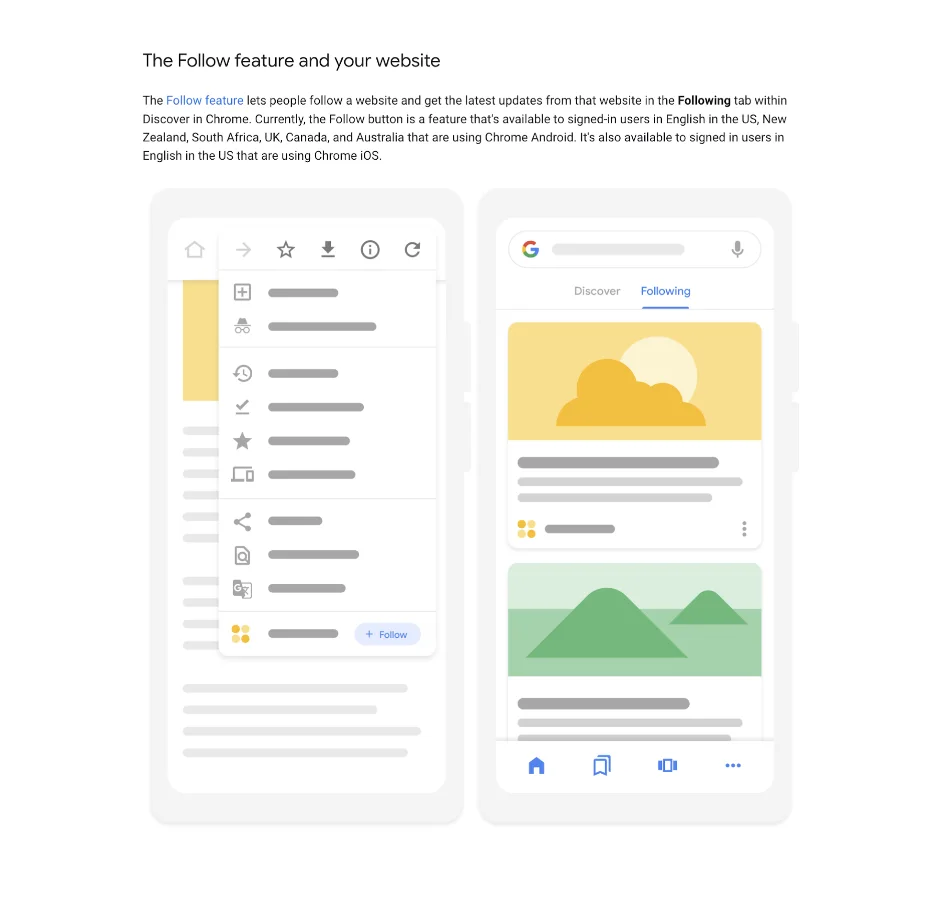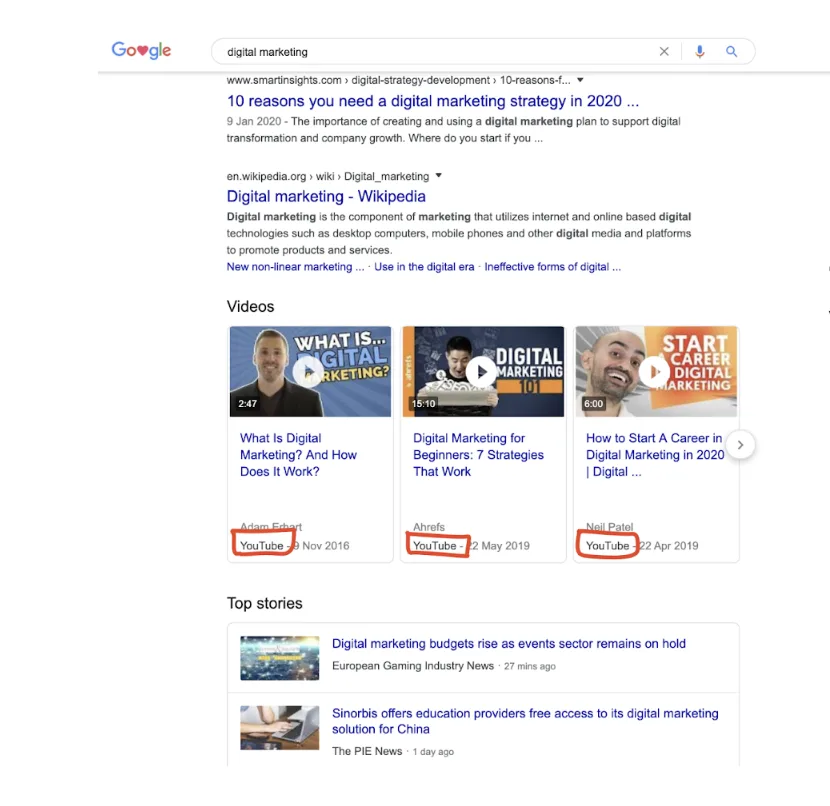
Organic traffic remains the top traffic source for all websites. However, with the rise of AI, changes in how organic search works could be imminent. Will AI render traditional search engines obsolete, with users simply asking their devices questions instead of clicking links?
Marketers don’t need to worry too much yet. Yes, Tech giants like Google and Microsoft are investing heavily in AI technologies like Bard and OpenAI, which could mean that search queries will eventually be redirected to AI platforms, bypassing brand websites altogether.
Yet, upon closer inspection, there are nuances. Leading AI developers like Microsoft (with its $10 billion investment in OpenAI) emphasize using AI to enhance existing SEO practices. Tools like Microsoft’s Copilot, their answer to ChatGPT, aim to help, not hinder, marketers with creating better content - keeping search engines relevant.
In response, Microsoft’s Consumer CMO, Yusuf Mehdi, stated in a 2023 press release that their goal is to “increase revenue to publishers” by driving traffic through new features (like chatbot answers) and pioneering future advertising strategies.
So, while change is inevitable, it's not necessarily a death knell for organic traffic. The question remains: How can brands like yours adapt to this evolving landscape? The answer could be found in information and innovation. Sometimes, tried-and-true strategies need an uplift, and these five methods could match AI while increasing organic traffic.
Leveraging programmatic SEO for better geo-targeting
Programmatic SEO is a strategic approach to enhancing a website's search engine performance through automated tools and algorithms.
It involves building many pages, often quickly, and leveraging automation to target highly niche search intents with unique, high-quality pages.
This method scales organic traffic by creating numerous landing pages optimized for (often) thousands of long-tail keywords. Regular SEO and programmatic SEO share a common goal: increasing organic traffic
But programmatic SEO goes beyond page creation. It’s a powerful tool for a local SEO strategy, tailoring entire websites and their content to specific locations using geo-targeting.
Unlike programmatic advertising, which displays ads based on user signals, programmatic SEO adjusts website content to match the user’s location, which can be as precise as a city, zip code, or postcode.
Here’s how it works: A site or platform uses user data like IP addresses, Wi-Fi, or GPS to determine a visitor’s location. Programmatic SEO then takes this information and builds localized offerings or content specific to that area, such as local business listings, nearby events, or product recommendations.
What are the benefits of this method? Improved local search rankings and increased visibility: The more dynamic pages you build associated with a local query, the better.
Schema markups and site maps for Video SEO
Video SEO is a significant opportunity that traditional SEOs or brands often overlook. YouTube is the second-largest search engine in the world, with over 2.5 billion logged-in users per month and over 1 billion hours of video watched on the platform daily. Google owns YouTube and, unsurprisingly, loves to rank pages with videos on them, especially those hosted by YouTube.
Suppose you want to ensure that your video content is easily discoverable by search engines. In that case, you should use schema markups (the language search engines use to read and understand the content on your pages) and video sitemaps. These two tools are crucial for webmasters and content creators who want their video content optimized for search engines.
Ranking methods can vary in keyword searches, such as below:


By ranking for relevant keywords (like the examples shown), you capture traffic from search results and YouTube, boosting website traffic and brand awareness.
Voice search optimization
Something as timely and constant as our voices is becoming an essential tool to boost SEO traffic; how? Through voice search optimization. Voice search is convenient; we utilize it throughout the day via multiple devices, whether it’s asking Siri for a quick definition or Alexa to report on the status of a delivery. It’s a lucrative and prolific channel for marketers; voice search assistants accurately answer 93.7% of search queries.
To make the most of this trend, it’s best to start with homebase - your website. Voice search SEO involves optimizing your web pages so they will rank for voice search queries related to all aspects of your business.
A major step in this process is formatting FAQ pages. Adapt the questions in FAQ pages to match the natural cadence of how we voice questions. The most common question openers typically include who, what, how, do, and where. Including these words in your FAQs can ensure they show up in a voice search relevant to your business.
Better organic search rankings with reviews
Customer reviews are great for organic traffic, specifically through their ability to help Google understand your website better, thereby improving your search ranking.
We cannot emphasize this point enough: your organic search ranking is vital for attracting new customers. Organic search ranking is 91.5% of organic traffic going to sites listed on the first page of search engine results.
There are a few key ways reviews can improve organic search rankings. The first is building strong off-page SEO by collecting reviews on a third-party platform.
When it comes to boosting your online presence, Off-page SEO plays a crucial role. It involves strategies that go beyond your website, such as earning quality backlinks, engaging with your audience on social media, and creating business profiles on review platforms like Trustpilot. These tactics help improve your website's visibility and credibility in the eyes of search engines.
Content marketing with micro-influencers
Micro-influencers are influencers with a follower count between 10,000 and 100,000.
Using any influencers or niche communities is a great example of promotion that returns on its investment. Images from micro-influencers bring in 20% more conversions than those from macro-influencers.
People also trust them more. Did you know 82% of consumers are likelier to follow a micro-influencer recommendation than a mainstream celebrity? This is great for increasing organic traffic, as one of the best ways to rank on Google is to build your personal and brand authority by publishing high-quality, trusted content. Google has recently expanded its EEAT policies to influence more authentic knowledge and experiences.
Key takeaways
Embrace programmatic SEO for geo-targeting: This method uses automation to create targeted landing pages for highly specific long-tail keywords, boosting organic traffic and your local SEO strategy.
Optimize for voice search with FAQs: As voice assistants become more prolific, voice search optimization is more necessary than ever. Format website content, especially FAQs, to answer natural language questions phrased with “who,” “what,” and “where.”
Increase organic traffic with schema markups and video sitemaps: Ensure video content is discoverable by search engines. Utilize schema markups (data labels for search engines) and video sitemaps to provide details about your videos, potentially boosting click-through rates in search results.
Partner with micro-influencers: These small but mighty content marketing partners can generate higher conversion rates than their large counterparts and build great consumer trust - a key element in how Google determines ranking.
Focus on trusted content: Google's EEAT (Expertise, Authoritativeness, and Trustworthiness) policies emphasize authentic knowledge and experiences. High-quality, trusted content establishes brand authority and increases organic search traffic.



